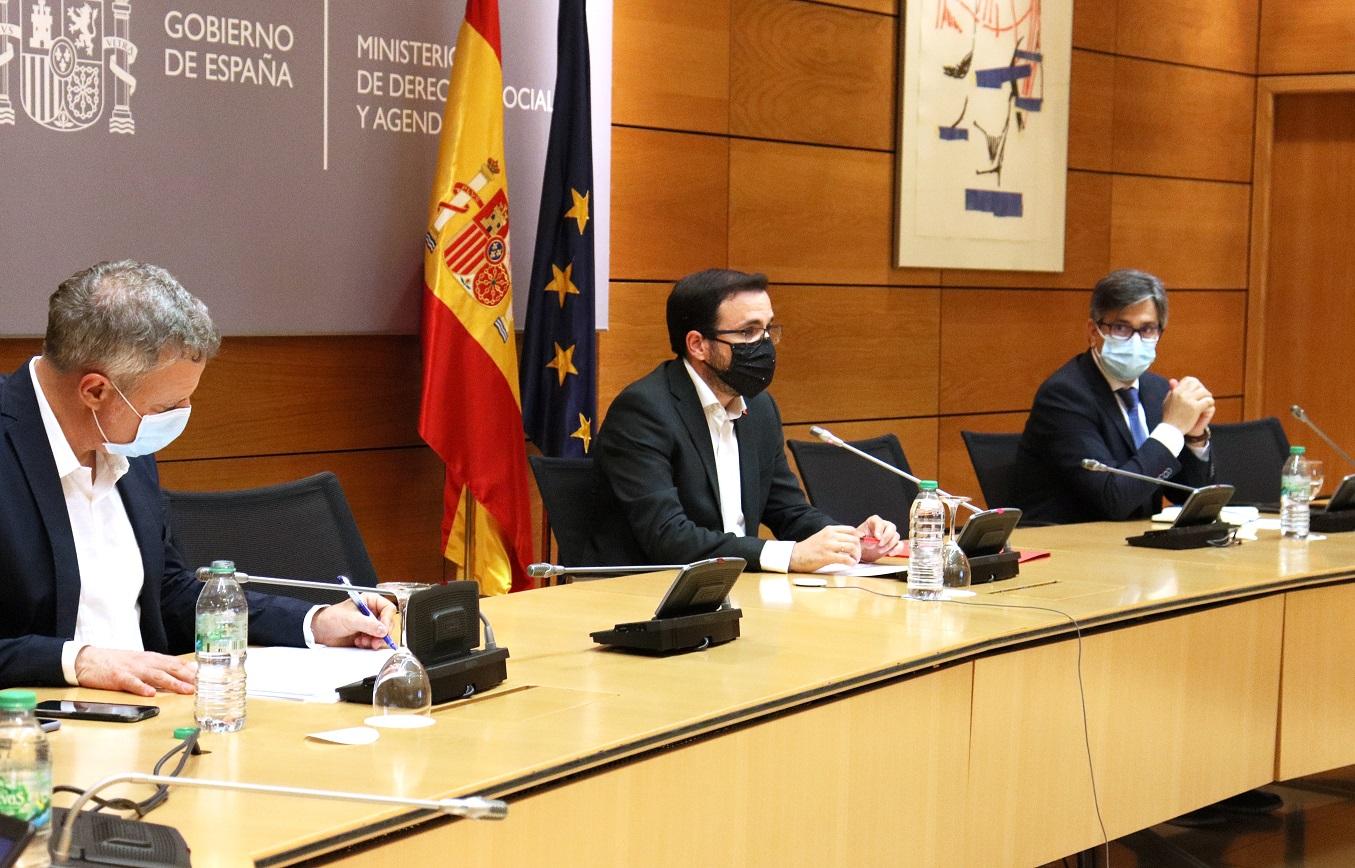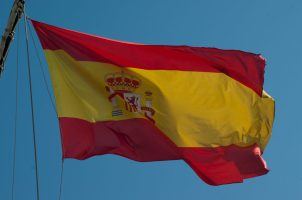Spain’s Gaming Regulator Under Fire for Not Reporting Violations
Posted on: November 14, 2022, 07:41h.
Last updated on: November 14, 2022, 11:00h.
Spain’s gaming regulator has routinely been one of the more disciplined in the industry. However, accusations that it’s stalling on certain aspects of its responsibilities are causing some unnecessary grief.

Spain’s Ministry of Consumer Affairs (MCA) has a hefty backlog of serious sanctions against online gaming operators that it hasn’t published. The General Directorate for the Regulation of Gambling (DGOJ, for its Spanish acronym) is responsible for providing that information to the MCA.
Last year, Spain modified its gambling laws in an effort to provide clarity on the reporting guidelines. Since then, the DGOJ was to publish “serious” and “very serious sanctions,” which didn’t have to be public knowledge before. New reports say the regulator isn’t fulfilling its mission.
DGOJ Not Keeping Up
The information is flowing slowly. The latest sanctions posted on the DGOJ’s website are from November of last year. Sources in the ministry have admitted to a breakdown in the reporting, and indicate that the government department will publish new sanctions “soon.”
The MCA only has to publish these sanctions, according to the agency, once administrative proceedings are underway. This was one of the conditions included in the reform of Spain’s Gaming Law.
The publication of advertising sanctions is necessary because licensed gaming operators can lose their licenses because of violations. This applies to both online betting and physical operators. If there’s a pattern of “very serious” infractions in a two-year period, both at the state and regional regulatory level, the DGOJ has to consider a license revocation.
Since regional governments control the physical sportsbooks, they must have information about infractions at other levels.
Two serious offenses within two years can result in a “very serious” offense, according to the Gaming Law. Codere, one of Spain’s largest gaming operators, warned of the possibility of losing its license earlier this year.
In a filing its Codere Online subsidiary sent to NASDAQ, the operator alerted the stock exchange of a potential issue. It said it was at risk of losing its license in Spain because of the change in the gaming law. As of today, that hasn’t occurred.
Out of Sight, Not Out of Mind
The MCA previously reported that it cited 19 operators in the online betting and gambling sector in 2021 for “serious” or “very serious” violations. In doing so, it issued fines totaling over €58 million (US$59.88 million). The total take can be less, as the government provides discounts for prompt payment.
That figure is higher than the previous record of €55.8 million (US$57.61 million) that the regulator collected a year earlier. In both cases, it’s likely that the DGOJ never saw most of that money. Many of the sanctioned companies have headquarters in places like Curaçao or Malta, and collecting the funds is challenging.
Most of the fines last year were for “very serious” violations, targeting just 11 operators who were operating in Spain without a license. In addition to the fines, the DGOJ suspended them from entering the country for two years.
The rest of the fines were for “serious” infractions imposed on six companies. These were primarily for allowing prohibited persons to gamble. Many of these are registered in Spain’s national self-exclusion database (RIAJ, for its Spanish acronym).
Related News Articles
Spain’s Gambling Regulator Issued $132M in Fines in 2022
Spain Looks to Introduce New Online Gaming Deposit Limits
Most Popular
Las Vegas Overstated F1 Race’s Vegas Impact — Report
Vegas Strip Clubs Wrestle in Court Over Animal Names
Mega Millions Reportedly Mulling Substantial Ticket Price Increase
Las Vegas Strip Stabbing Near The Strat Leaves One Man Dead
Most Commented
-
End of the Line for Las Vegas Monorail
— April 5, 2024 — 90 Comments -
Mega Millions Reportedly Mulling Substantial Ticket Price Increase
— April 16, 2024 — 6 Comments -
Long Island Casino Opponents Love New York Licensing Delays
— March 27, 2024 — 5 Comments -
Nearly Abandoned Mall Outside Vegas Soon to Have Only One Tenant
— March 12, 2024 — 5 Comments
















No comments yet